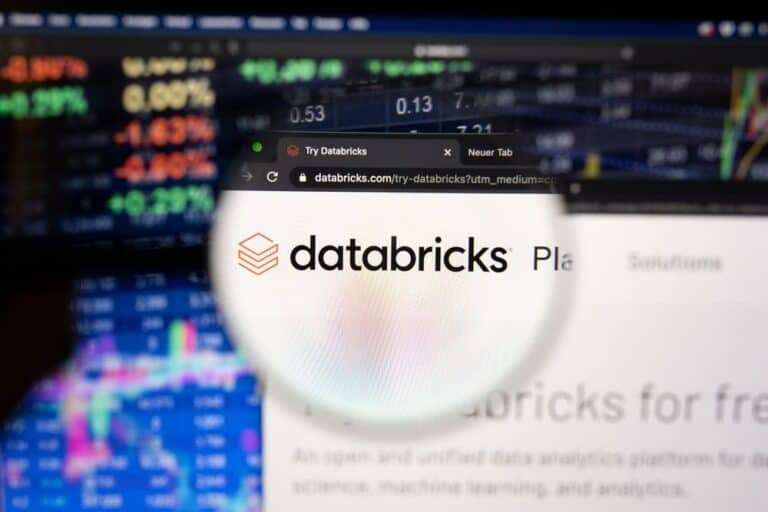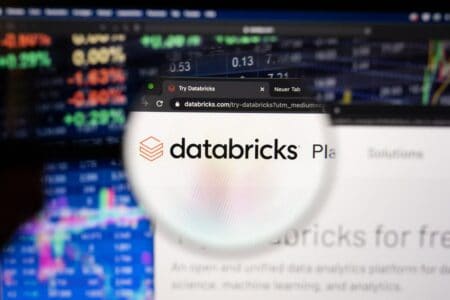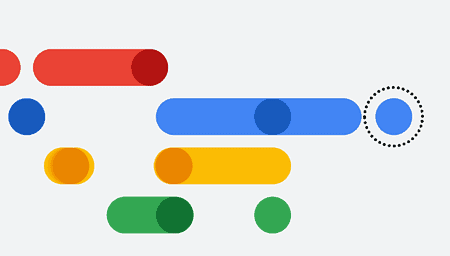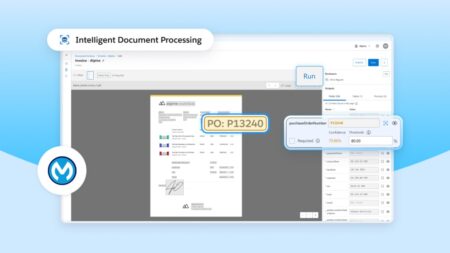Databricks has acquired Okera. The combination of the two platforms will give enterprise customers an AI-powered assist in protecting the security and privacy of their data.
This week Databricks announced that it has acquired Okera, a data governance platform with a focus on AI. The two companies did not disclose the purchase price. Through this acquisition, Databricks is aiming to integrate Okera’s technology into their existing data governance solution, Unity Catalog. The goal of the integration is to provide more AI-powered functionality to the Databricks platform.
The Co-Founders of Databricks detailed the acquisition in a company blog post. “For a decade, Databricks has focused on democratizing data and AI for organizations around the world”, they explain. “And since the debut of ChatGPT last November, and the recent introduction of Dolly 2.0, every customer has been asking us how they can leverage the power of AI and large language models (LLMs) in their businesses” (Dolly is the company’s ChatGPT clone).
More importantly, however, the co-founders say that customers also ask about how they can protect the security and privacy of their data in this “new AI-centric world”.
Okera solves the privacy and data governance issue
The company offers the solution with its “intuitive, AI-powered interface to automatically discover, classify, and tag sensitive data such as personally identifiable information (PII)”, the Databricks founders explain. Okera has also been developing a new isolation technology that can support arbitrary workloads while enforcing governance control without sacrificing performance, they add.
The “best place” for data and AI
The Databricks team goes on to say that “the lakehouse is the best place to develop data and AI applications together, and to build LLMs”. The plan, they say, is to integrate Okera’s AI-centric governance technologies into their Unity Catalog. This refers to the company’s the data governance layer for all data and AI workloads.
Nong Li, Co-Founder and CEO of Okera, also explained why the Databricks deal makes sense. “Many organizations don’t have enough technical talent to manage access policies at scale, especially with the explosion of LLMs”, he said. “What they need is a modern, AI-centric governance solution”.
“AI can provide extreme value to organizations looking to harness their data, but as plenty of AI pioneers have pointed out, it can also be misused, which is why thoughtful guidelines are necessary,” Databricks Co-Founder Raynold Xin told Venturebeat.
“The way we both see it, the principles of governance — accountability, standardization, compliance, quality and transparency — apply as much to AI as to data”.



















